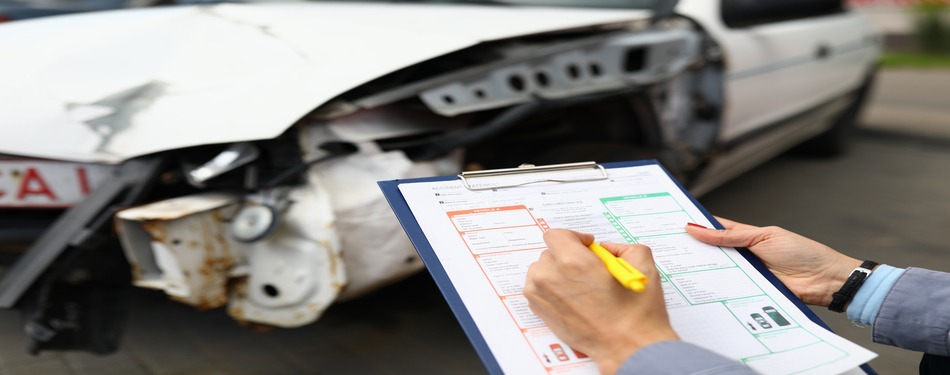
- Published Date 05/10/2023
- By John Patton
- Category: All Lines Adjuster
What Is The Difference Between Public Adjuster And All Lines Adjuster?
Both public adjusters and private adjusters exist. Where do these two insurance agents diverge? Is there a distinction between a public adjuster and an all lines adjuster? Here, we will break down the differences between the two kinds of insurance adjusters and show you how they may help you save money.
Public Adjuster
On the other side, a public adjuster serves in the role of advocate for the policyholder. A public adjuster may also be a private adjuster or an insurance adjuster working only for private clients.
Helping policyholders through the insurance claims process is what public adjusters do best. This is the first large claim that many policyholders have ever made. There is a substantial sum at risk. A public adjuster, also known as a private insurance adjuster, works on your behalf to collect the full benefits specified in your policy.
You may employ a public adjuster if you need assistance handling your claim or do not think the amount offered by your insurance company is sufficient. After you have retained the services of a private insurance adjuster, they will initiate negotiations with the insurance provider or the independent adjuster retained by the insurance provider.
All Lines Adjuster
Insurance is a highly regulated field that requires various specialised certifications. We must get a licence as adjusters. Some different licencing alternatives generally cover a certain claim type that you might pursue.
Options for adjuster certifications include:
- Allowance in a Hurry
- Accidental damage to property
- Social security
- All-lines
The phrase "all lines" refers to the fact that the licence applies to any claims. A licence all lines adjuster may handle any claim for an insurer since the licence applies to all insurance policies.
If you wanted to sell insurance, you'd need to get licenced to offer certain "lines" of protection. A single licence for adjusters is good for any hazards and losses.
To Advocate On Your Behalf, Why Not Hire A Public Adjuster?
Your insurance company may need to consult you before selecting the adjuster. However, you may employ a public adjuster to seek your best interests in most states. It takes working a fire or water damage claim on a homeowner's or business insurance policy.
It takes more time and effort than most individuals realise to document a claim by identifying and describing damaged or destroyed things and the cost to restore or replace them. In addition, dealing with an insurance adjuster and contractors may rapidly become a nightmare if you don't have the time, knowledge, and skills to do it effectively.
Would you file a lawsuit and then agree to a settlement that the opposing side's lawyer recommends as fair? This is the result of leaving your payment amount up to an insurance adjuster.
The insurance industry does not engage in philanthropic work. When negotiating with policyholders, they must maximise profits for the benefit of their stockholders. Comparable to the P&C Adjuster is the All-Lines Adjuster. In reality, an All-Lines Adjuster is much like a P&C Adjuster in every way except that they are also trained to deal with workers' compensation cases.
An All-Lines Adjuster has the broadest insurance-related certification possible. An All-Lines Adjuster may only be necessary for a routine property claim if workers' compensation is involved.
Conclusion
Public adjusters and independent adjusters operate differently. Your insurance company will appoint an independent adjuster to handle your claim, while a public adjuster will work on your behalf.